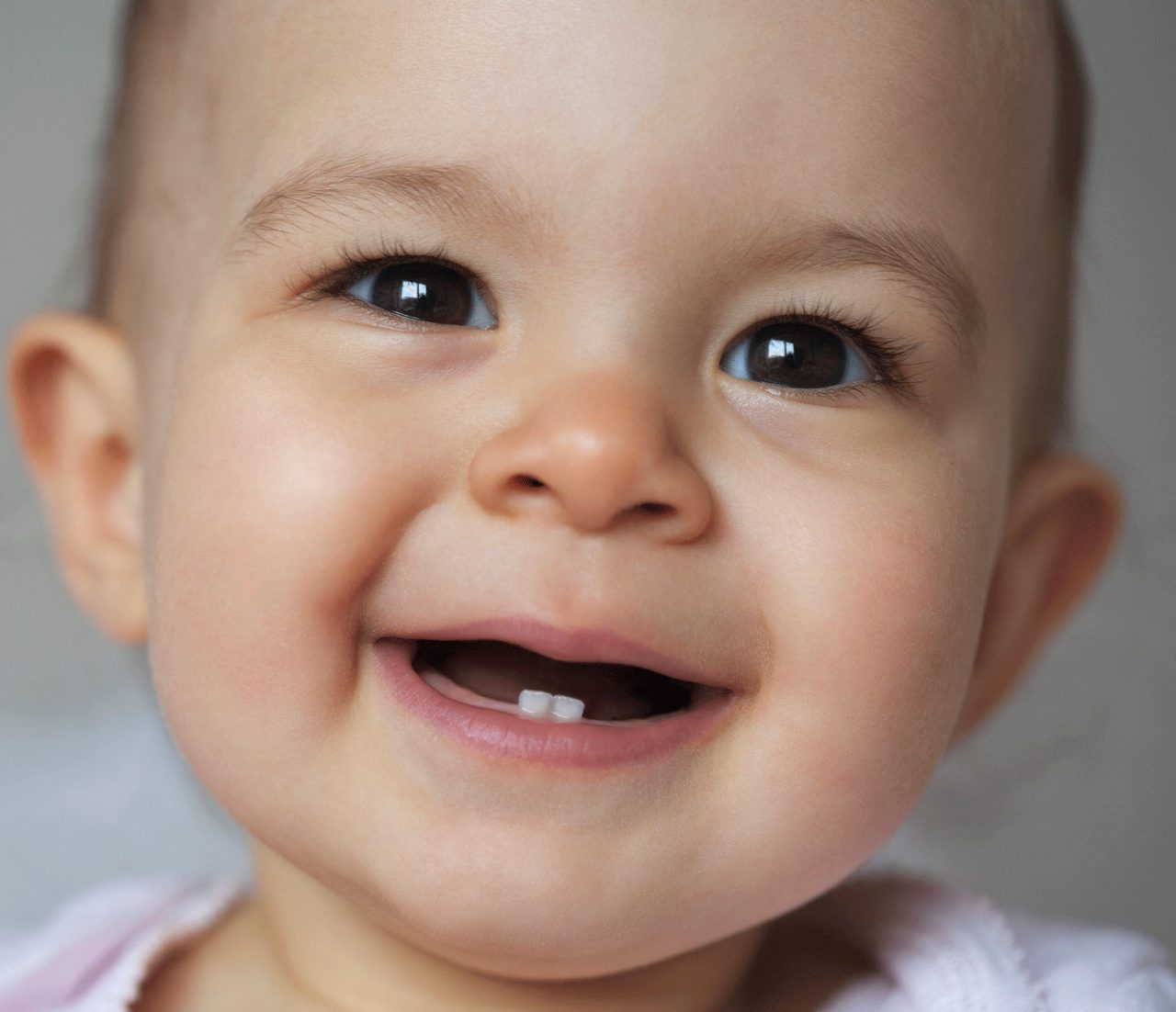How To Prevent Early Childhood Cavities (Caries)

Babies can develop cavities, also called early childhood caries, if they suck too often. Look for other ways to calm your child, especially at bedtime.
It may seem like a good idea to put your baby to bed with a bottle, since feeding may calm a child.
But the liquid in the bottle, whether it’s milk or flavored water, will pool around your little one’s vulnerable primary teeth for hours, wearing away their enamel. This paves the way for infections.
In the early years, you can protect your child’s mouth health by breastfeeding or using a bottle only to supply food, not for soothing.
YOU MIGHT ALSO LIKE: Our Newborn Care section
Cavities are becoming more common among little ones
Cavities (also known as caries) in U.S. children began decreasing by 1980. Fluoride toothpaste and fluoride in tap water did the trick. In addition, dental sealants cut the risk of cavities dramatically in school-age children.
But the number of children under the age of six who have cavities has increased and in most of them the problem is severe. Almost 12 percent had a significant problem in recent years. Boys and children in poor households are most at risk.
Why cavities aren’t a small problem
Untreated cavities are painful and may lead to problems with eating, speaking, playing, and learning, according to the Centers for Disease Control and Prevention. They may create a gum infection that can spread and, in rare cases, kill your child.
When one tooth is infected, the germs spread quickly to other teeth.
Parents sometimes ask, “Do we really need fillings in baby teeth?” After all, those teeth will fall out.
But baby teeth have many functions. Front teeth help a child make sounds important in talking. All baby teeth need to stay healthy to hold space for permanent teeth later.
If cavities damage teeth and cause them to fall out before a permanent tooth is ready to erupt, a cascade of misaligned permanent teeth can occur. Those are harder to clean and are more likely to develop cavities and cosmetic problems, requiring costly orthodontic treatment later.
How to prevent cavities in infants and toddlers
- Don’t dip a pacifier in any kind of sweetener.
- Don’t put a child to bed with a bottle.
- Juice, milk, and flavored water contain carbohydrates that can wear off teeth enamel.
- Feed your child only when he or she seems hungry, not as a calming strategy.
- Crying is not always a sign of hunger. Your baby may be hot or cold, bored, overstimulated, have a dirty diaper, or want cuddling. One rule of thumb: If your baby cries within an hour of a good feeding, look for another cause rather than hunger.
- Follow your pediatrician’s schedule for checkups to make sure your child is growing properly.
- Be aware that eating more often than necessary won’t make your infant taller or stronger later on. That’s a myth.
- Wipe your baby’s teeth with soft gauze at least twice a day.
- Fill any cavities so the infection doesn’t spread.
If you protect your infant’s and toddler’s baby teeth now, you will save you and your baby trouble later.
YOU MIGHT ALSO LIKE: Don’t Feel Guilty About Bottle Feeding Breast Milk
Updated:
December 14, 2022
Reviewed By:
Janet O’Dell, RN